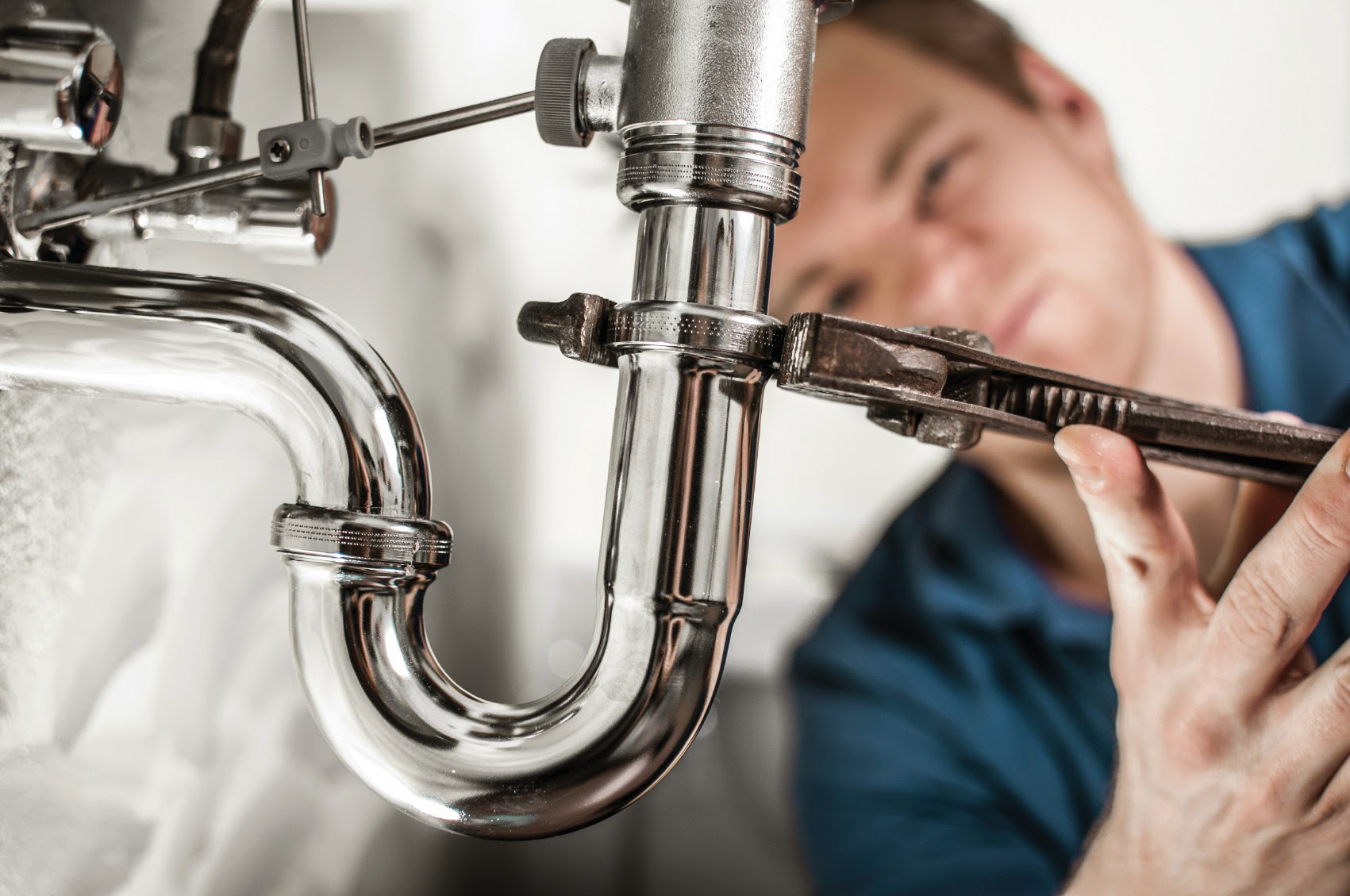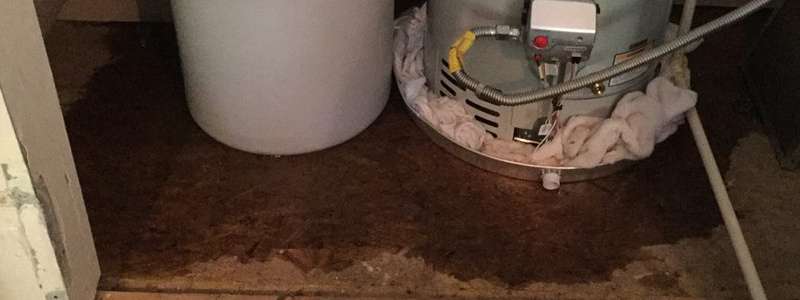The author is making a few good observations regarding Common Causes of Water Leaks in the Home in general in the article followed below.

"Be cautious of little expenditures. A little leak will sink a terrific ship." - Benjamin Franklin.
He couldn't have been much more best because water leaks in our residences lead to a waste of resources, raising our water expenses. Although this boost might appear minimal at first, it can bring about considerable expenses that can break your financial institution. Apart from a rise in bills, water leakages also trigger unwanted organic development, architectural damages, and also electric dangers.
Identifying if you have a water leak isn't always easy because of being incapable to see most of the pipework in your house. If you have had an increase in your water expenses recently, observed water spots on walls and ceilings, smelt poor smell, and so on. You may want to take into consideration asking for plumbing services to get it looked into.
There are a number of root causes of water leaks, and also we have assembled the common factors below. Inspect to see if you have had associated problems in your house just recently.
Obstructed drains
Food bits, dust, and oil can cause stopped up drains pipes and block the flow of water in and out of your sink. If undealt with, enhanced pressure within the rain gutters can end as well as create an overflow up fracturing or breaking pipes. To stay clear of clogged up drains in your home, we advise you to prevent putting fragments down the drain and regular cleaning of sinks.
High water pressure
You saw your residence water stress is higher than usual but then, why should you care? It's out of your control.
It would be best if you cared due to the fact that your ordinary water stress must be 60 Psi (per square inch) as well as although your house's plumbing system is developed to endure 80 Psi. An increase in water pressure can place a strain on your residence pipelines and lead to splits, or even worse, burst pipelines. Get in touch with a specialist concerning regulating it if you ever before discover that your residence water pressure is greater than typical.
Deterioration
As your pipework gets older, it gets weaker and also much more at risk to rust after the constant flow of water through them, which can gnaw at pipelines as well as cause cracks. A visible sign of corrosion in your home plumbing system is discoloration as well as although this may be hard to identify due to the majority of pipes hidden away. We recommend doing a regular check-up every couple of years and change pipelines once they are old to make certain a sound plumbing system
Damaged pipeline joints
Pipeline joints are the parts of our plumbing system where the pipes link. They are the weakest factor of our plumbing system. Because of this, they are extra susceptible to degeneration. It is essential to keep in mind that even though pipes are developed to stand up to stress and also last for some time, they weren't made to last forever; therefore, they would weaken in time. This wear and tear could lead to cracks in plumbing systems. A common sign of harmed pipeline joints is extreme noise from taps.
Damaged seals
An additional root cause of water leakages in residences is damaged seals of residence devices that utilize water, e.g., a dishwashing machine. When such devices are installed, seals are set up around water adapters for easy passage of water with the device. A broken seal can cause leakage of water when in use.
With little or no understanding of plumbing, comprehending your home's plumbing system enough to fix some of these issues (without consequence) can be a trouble. Contact plumbing specialists in Pittsburgh, Divine Superintendence, Rochester, as well as environ today, and they'll make those issues go away.
He could not have been extra ideal since water leaks in our residences result in a waste of resources, raising our water expenses. If you have had an increase in your water costs lately, saw water discolorations on walls and also ceilings, smelt poor smell, etc. A boost in water stress can put a stress on your house pipelines and also lead to cracks, or worse, burst pipes. Another cause of water leaks in homes is broken seals of house appliances that utilize water, e.g., a dish washer. When such devices are mounted, seals are mounted around water ports for simple passage of water through the equipment.
5 TIPS IN DETECTING A WATER LEAK IN YOUR HOUSE
Water leaks can be hard to find in your home, yet they can be so common. We rely on water every day in our home, which is why a leak can cause big problems. By detecting them early, you can save money and further damage, getting the problem fixed as soon as possible. Here are 5 tips to help you detect a water leak in your home, so you can contact a plumber straight away and get the issue sorted.
Check your water meter
Many people underestimate the value of the water meter in their home. It can be one of the best ways to tell if you have a leak early on, so you can get on top of it before issues start arising. Start by turning off all the water in your home: taps, washing machine, dishwasher, etc. Now take a look at the meter – if it’s still changing with everything turned off, it’s likely you have a fast-flowing leak that you need to get on top of straight away. If nothing changes, then leave your meter for an hour or two and come back to it. Did it change in this time? It’s likely you have a slower leak, which isn’t as urgent but still handy to get fixed so it doesn’t become a bigger problem.
Keep an eye on your bill
Another good way to detect a leak in your home is by keeping an eye on your water bill. It helps if you have a past bill from the same period of time. You can compare like for like and determine whether your water usage has increased significantly. If it has, there may be a leak in your system that you haven’t picked up before. A professional plumber can check through all of your pipes and determine where it is coming from.
Look for damage
If you have a leak inside your home, you will notice damage over time. Take a look at your showers and bathtubs and note whether any of the tiles surrounding the area seem to be discoloured or damaged in any way. There may be water stains, mould or peeling material that has resulted from a build up of moisture over time. Make sure you take a look under sinks at the back of cupboards that don’t get accessed regularly. This is where damage can go unnoticed and build up over periods of time.

Do you really like reading up on How to Find and Prevent Water Leaks in Your Home? Place feedback down below. We will be delighted to know your opinions about this blog. We are looking forward to see you back again later on. I beg you take a moment to distribute this blog posting if you appreciated it. We enjoy reading our article about How to Find and Prevent Water Leaks in Your Home.
Check Us Out